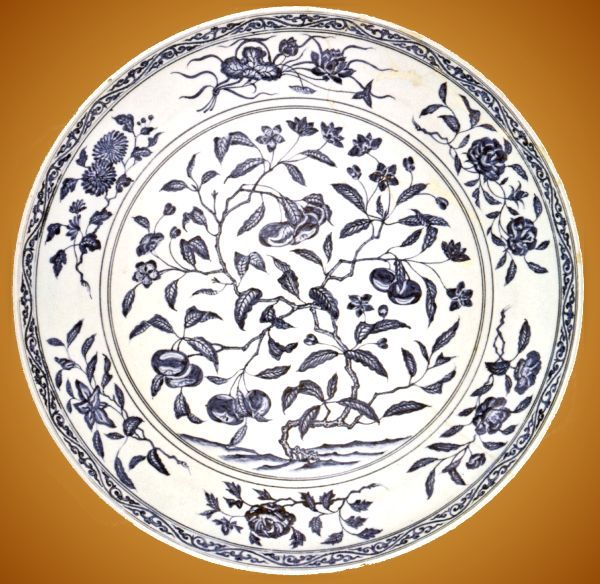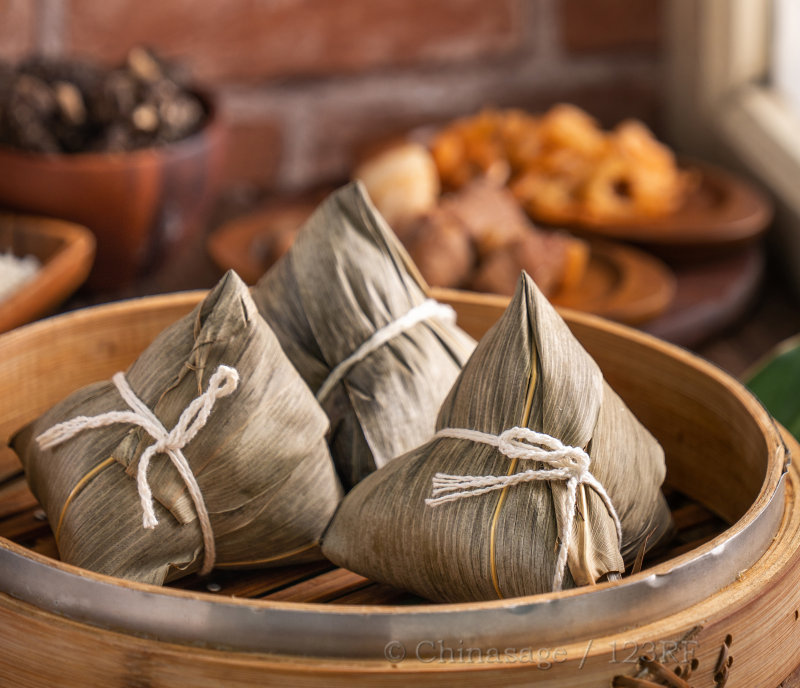Chinese proverbs 谚语

The nature of the Chinese language lends itself to proverbs and idioms. Just a few characters in Chinese can quickly convey a complex thought. Proverbs and sayings are a tasking study as their origins are difficult to trace; some go back thousands of years and are mentioned in the Yi Jing and Dao De Jing ancient classics.
Many proverbs relate to specific people or places in Chinese history, we have chosen to exclude these as they are hard for non-Chinese people to understand without considerable historical context; instead we have chosen proverbs and sayings that give an insight into Chinese culture and traditions.
Translating Chinese proverbs into English is not an easy task. Sometimes there is no similar meaning in English and so a translation may seem contrived. If you can help improve our efforts please let us know.
Chinese proverbs are broadly categorized as either 谚语 yàn yǔ (proverbs or ‘familiar saying’) or 成语 chéng yǔ (meaning ‘become language’ usually translated as ‘idiom’ or ‘accepted saying’). The short standard form of Chengyu is made up of four characters and there are thousands of them, one for every possible situation. They are written in Classical Chinese where often one character takes the place of two or more in Modern Chinese. There are also the 俗语 Súyǔ which are popular sayings and the 歇后语 Xiē hòu yǔ which are two part allegorical sayings that are pretty hard to translate. In the first part of a xiehouyu the situation is described and the second gives the underlying truth, so in English there is the similar ‘a bird in the hand, is worth two in the bush’ construction. Often only the first part needs to be said as the second part is implied. Puns are also used in xiehouyu adding greatly to the difficulty of translation.
Here are a few random idioms to give a flavor of the hundreds on this site. The proverbs are grouped according to theme. The same proverb may appear under several categories. Click on this bar to view the extensive group of proverbs.
Alternatively, you can find a proverb by looking through our Chinese pinyin index. As there are so many these are split into separate pages:

We also have an index of the Chinese idioms based on similarly meaning English language proverbs. So you can, for example, look up the Chinese equivalent of ‘Many hands make light work’:

Our proverbs come with full information. The modern Chinese characters are given first with links that give information on the character. As proverbs are so old you will often see them written using the traditional form of characters; so if some of the characters have been simplified the traditional form is shown in brackets and gray text. The characters are followed by the proverb (normally a 成语 chéng yǔ) in pinyin. Next, there is a crude character by character transliteration into English, followed by a more accurate English translation. If this is a Chinese proverb alluding to history the meaning may still not be clear in English, so the general meaning follows. Finally some proverbs have fairly direct English equivalents, if so the English proverb is shown.
For background on the types and history of proverbs please see our guide.